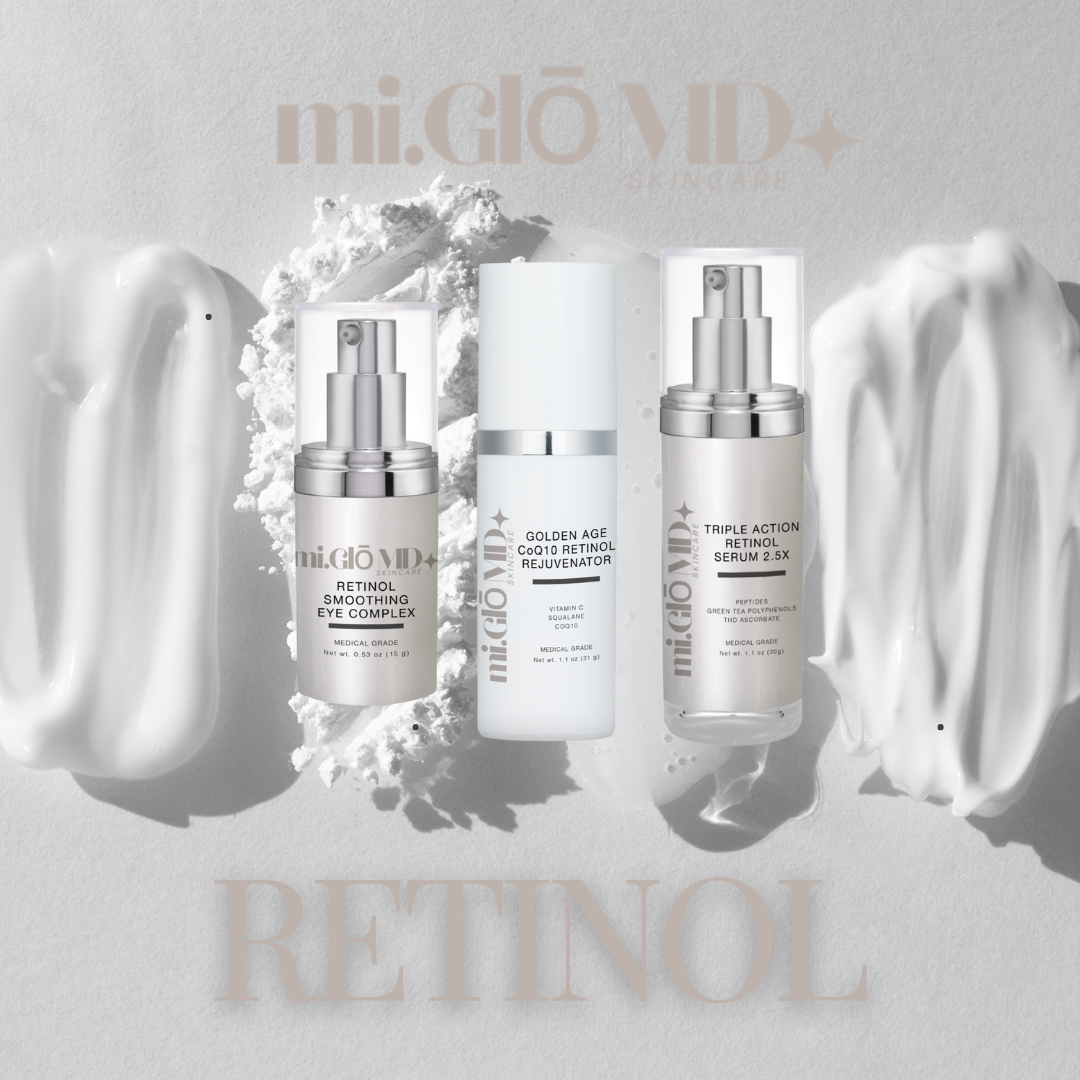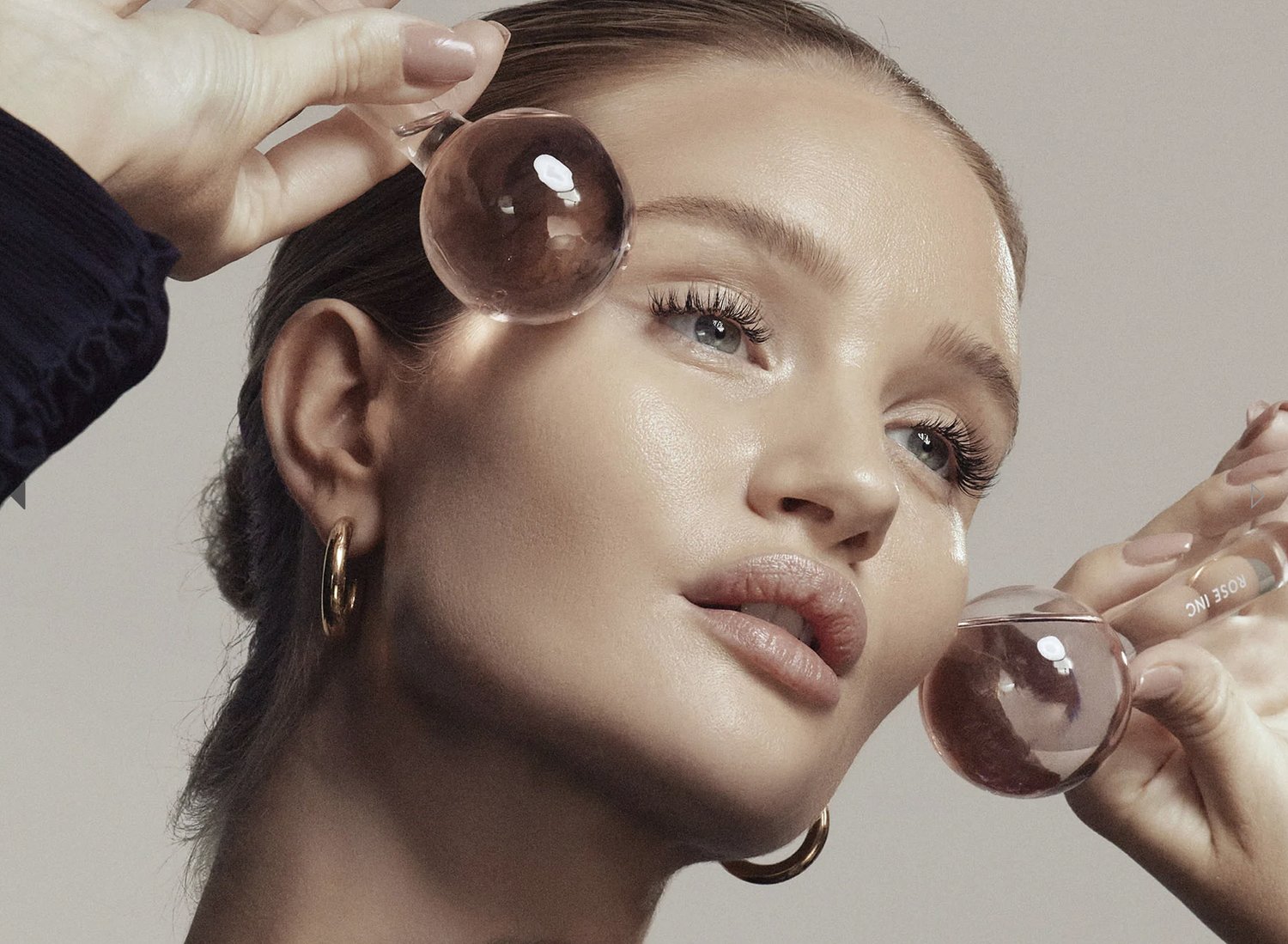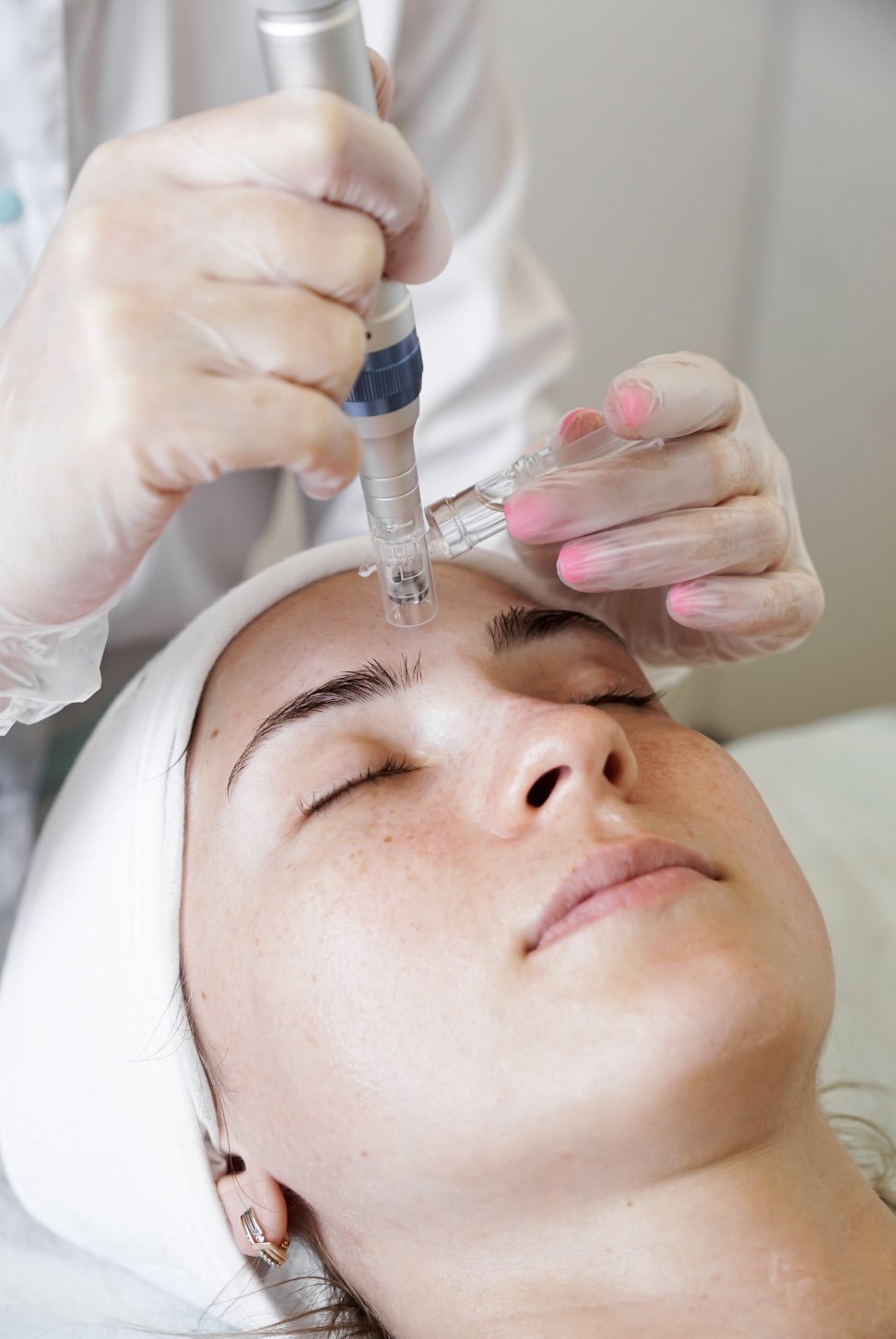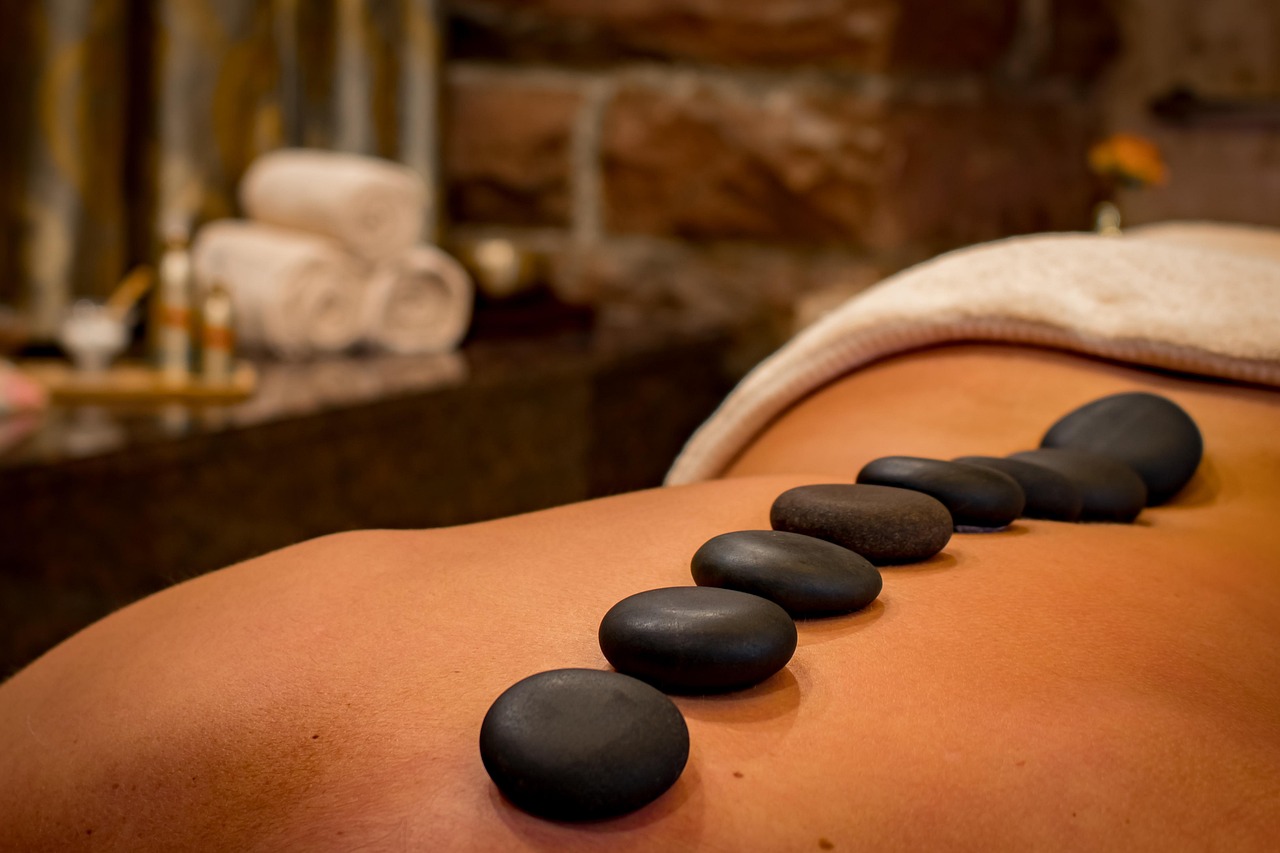
Retinol is sourced from animal-based foods naturally, while synthetic retinol is produced in laboratories for use in skincare, supplements, and fortified foods.
Plant-based beta-carotene can also be converted into retinol in the body. Whether natural or synthetic, retinol plays a vital role in health and skincare.
Retinol is a form of vitamin A, and consuming too much of it (through supplements or high-dose medications) can lead to hypervitaminosis A.
This condition occurs when vitamin A builds up in the body, particularly in the liver, where it is stored.
Symptoms of vitamin A toxicity include:
– Nausea, vomiting, and dizziness
– Headaches and blurred vision
– Bone pain and joint stiffness
– Dry, itchy skin and cracked lips
– Liver damage (in severe cases)
– Increased intracranial pressure, leading to headaches and vision changes
High doses of oral vitamin A (retinol) during pregnancy can cause birth defects, particularly affecting the developing fetus’s skull, eyes, lungs, and heart.
– This is why pregnant women are advised to avoid high-dose vitamin A supplements and certain acne medications like isotretinoin (Accutane), which is a synthetic retinoid.
While topical retinol is generally safe when used as directed, overuse or using high concentrations without proper acclimation can lead to:
– Severe skin irritation (redness, peeling, and burning)
– Increased sensitivity to sunlight, leading to sunburn
– Skin barrier damage, making the skin more prone to infections and dehydration
Retinol can interact with certain medications, increasing the risk of toxicity.
For example:
– Oral retinoids (like isotretinoin) combined with vitamin A supplements can lead to dangerously high levels of vitamin A in the body.
– Topical retinoids combined with other exfoliating agents (like AHAs or BHAs) can cause severe irritation.
Chronic overuse of retinol, especially in high doses, can lead to:
– Bone thinning (osteoporosis)
– Liver damage (due to vitamin A accumulation)
– Skin thinning (from prolonged topical use)
How to Avoid Retinol Toxicity
1. Follow Recommended Dosages: For oral supplements, stick to the recommended daily allowance (RDA) for vitamin A: 700 mcg (2,333 IU) for women and 900 mcg (3,000 IU) for men or whatever is recommended by your doctor.
For topical retinol, start with a low concentration (e.g., 0.25% or 0.5%) and use it 2-3 times a week or whats advised by your physician or skincare professional.
2. Avoid Combining Retinol Products: Do not use multiple retinoid products (e.g., oral and topical) simultaneously without medical supervision.
3. Consult a Professional: If you’re pregnant, breastfeeding, or taking medications, consult a healthcare provider before using retinol.
4. Patch Test: Always patch test new retinol products to check for sensitivity.
5. Use Sunscreen: Retinol increases sun sensitivity, so always wear SPF 30+ during the day.
Retinol is not a poison when used appropriately—it’s a powerful ingredient with significant benefits for skin and overall health. However, like any active ingredients, it should be used responsibly to avoid adverse effects.
I personally use mi.Glō MD retinol products because I see how it reduces fine lines and wrinkles – retinol also boosts collagen production. I love retinol because it promotes cell turnover, + helps regulate oil production and prevents dead skin cells from clogging pores. It fades hyperpigmentation, and smooths skin texture as well as helps neutralize free radicals, which are responsible for breaking down collagen and causing premature aging.
In my opinion it’s one of the most effective ways to achieve healthier, more youthful-looking skin.
Always follow product instructions and seek professional advice if needed! 🌟
Permalink




